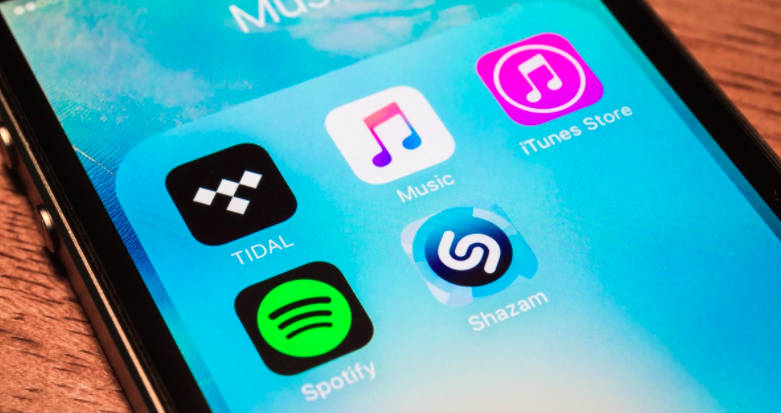Your Problem Isn’t With the Streaming Model, Your Problem Is With Other Artists: Op-Ed

There are so many commentators willing to go all in on rubbishing the streaming model. As if a system that pays around 70% of its revenue to rights holders and offers unlimited music to consumers is unfair or broken. They either offer no alternative or believe in restricting consumers’ access to music (by returning to physical or paid downloads).
However, most of the complaints about streaming can be attributed to the fact that so much more music is being released now compared to the 20th century. Would we really prefer a world where it was more difficult and more expensive to release music? Would that equal better music? Would it be worth reducing the amount of music that’s released so fewer musicians can make more money?
In 2023 many of the inefficiencies of the music industry have been ironed out. Songwriting, demo tracking and even professional recording can be done at home for very low cost. Without the need to print and ship a physical product, music can be sent down wires and over satellites. Clearly this faster, cheaper alternative is better for the environment. World-class distribution networks with access to the most popular digital platforms are available to everyone. There’s no doubt that because of these new efficiencies, more music is being released.
These dramatic changes coincided with the darkest days in the history of recorded music. As piracy took hold and legitimate sales tanked, many of the same technologies behind the bootlegging of music would become crucial in the new model. Yet it wasn’t until the streaming model heralded a change in fortunes that the ease of making records would become apparent.
Music sales are now at an all-time high and without the need to pay for physical printing, shipping, warehousing, sales reps and retails staff, a bigger share of sales is going to rights holders. However, with 60,000-100,000 new songs being released on digital platforms every day, the supply has outpaced demand and the average earning capacity of any one recording has contracted.
The pro-rata payments system deployed by many streaming platforms means artists are paid for their share of the subscription fees platforms charge. So if consumers listened to half the amount of music, the per stream rate would double. If there were 90% fewer artists and releases on the platforms, the average artist statement would have 10 times the revenue. So rather than the capacity to earn from one’s music being easy and accessible, a less accessible, more restrictive model would mean more revenue for fewer musicians.
If commentators demand more revenue per artist or per track, there are only three levers that could possibly be pulled:
1) The streaming platforms could increase the share paid to rights holders. Currently they pay away around 70% of their revenue so there isn’t a lot of wiggle room for a meaningful increase.
2) The subscription fees could be raised. It seems to follow that this would price some fans out of the streaming model and perhaps back towards piracy. I’ve not heard anyone calling for the consumer base to shrink.
3) We could restrict the amount of music being released. But who is genuinely calling for that?
The decentralisation of recorded music is a beautiful thing for both artists and consumers. We’ve seen far less aggressive genre cycles. We’ve seen music lovers able to revel with seemingly unlimited music in their once scarce niche. We’ve seen electronic music, acoustic music, classical and global sounds find audiences that were impossible not long ago. A musician’s catalogue doesn’t get deleted (like it could be in the physical era) so a life of earning from music is more possible. I simply can’t fathom the desire to put the genie back in the bottle.
So I ask those who rail against the streaming model: if all your gripes could be addressed by making it harder or more expensive to release music, reducing the amount of professional musicians or pricing some music fans out of the community, who are you really in this for?






























